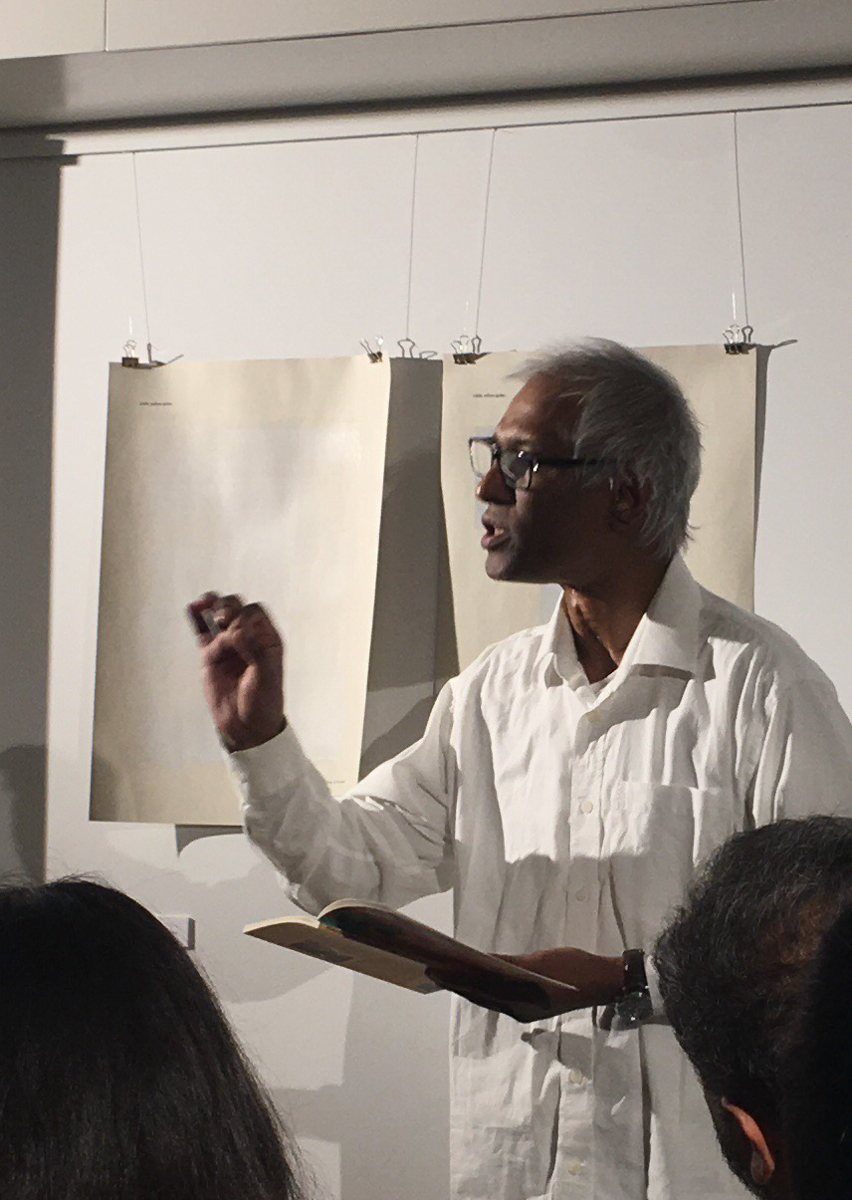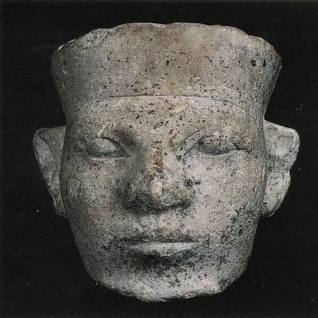
[:en] This evening (4 September 2017) was spent at Poetry Society’s Poetry Cafe listening to contemporary Bengali-British poets. Thy were diverse from lyric to reflective to didactic. Those whose poetry seared the heart most were the women – reflecting attempts to negotiate the problematic through tenderness and intimacy only to have it thrown back in their face or torn from their heart…Salam Jones writes:
This evening (4 September 2017) was spent at Poetry Society’s Poetry Cafe listening to contemporary Bengali-British poets. Thy were diverse from lyric to reflective to didactic. Those whose poetry seared the heart most were the women – reflecting attempts to negotiate the problematic through tenderness and intimacy only to have it thrown back in their face or torn from their heart…Salam Jones writes:
’So I promised my mother I would take care of her girls
The day she died, I wanted to yell …
Note 1.
–
which compares to Nazrul Naz more distanced:
‘Feel like cutting open my own body
And slipping out the burning heart
And putting it into the freezer ..’
Note 2
There were the lyrical as in Farah Naz
‘Light of my soul, my darling love
I remember once I wished
for you to fill up my summer day,
you lavishly conferred me
a whole good season to spend with …
…
I manage to smile …
My love bequeathed me
with memories of seasons
to relive alone’
Note 3
Bengali poetry rises above a surface of the haunted pain of war and separation, of the war of Independence in 1971, which mirrors and is reflected in more modern pain of life in East End of London with its racist terror of the 1980’s. Most negotiated the pain on a personal level but Mizanur Rahman took the didactic political route. Slightly disappointing in that his targets are those topics du jour loved by the critics… domestic violence, honour killing , child soldiers but he never strays beneath the surface to reveal how we are all guilty but happily throws stones ..
‘In this case
There’s no honour in being violent …
While trying to live up to his vision
Is how patriachy kept her in prison
… anger brew at her brother
Who was treated kind of different?
You can say better
A form of discrimination based on gender’
Note 4
Compare that with how Towhid Shakeel negotiates much more horrendous acts with intimacy..
‘ I close my eyes.
Keeping my ears open I hear millions cry
In a Myanmar voice in the dark Arakan skies.’
Note 5
Rare among them are those who speak with and to the English poetry tradition in dialogue. Milton Rahman seeks a conversation with Wordsworth but here there are crossed lines…
In a poem called ‘Dove Cottage’ he writes:
‘I look up with raindrops in my eyes and whisper
I have come into the wilderness in search of a Daffodil…’
but he then writes:
‘I would immerse myself in the world of the flower-poet’.
Note 6
I recalled my own earlier pilgrimages to Tintern Abbey , to Wye Valley and to Dove Cottage and then on to Wordsworth House. Of all these the one totally lacking in all spiritual resonance was Dove Cottage. I spoke to Rahman afterwards and he said he recalled Wordsworth from his school days and had only been to Dove Cottage and never made it to Wordsworth House or elsewhere. I recall as I approached Wordsworth House a feeling of powerful forces … this place spoke of Wordsworth. If only one could tear out his poem about Daffodills from all school books! Wordsworth of the Lyrical Ballads, the anti-slavery poet , the poem to Toussaint L’Ouverture, Wordsworth of Ode to Intimations of Immortality, Tintern Abbey ( or more properly Lines Composed a few miles above Tintern Abbey,) to miss all this and remember only Daffodils , to miss all this and speak of ‘flower poet’ ? This is a massive crossed line or simply a missed call altogether .. which raises a question of the engagement of the English poets with their colleagues. Are they standing there jealously guarding the treasures of Wordsworth from invaders, guarding the real Wordsworth so they can laugh at these late comers attempt to speak of him…? How much of a true friend are these fellow English poets?
******
From the audience a beautiful Bengali woman came to the floor at open mic time . She had grown up in a ‘white environment’ or deepest Kent and her poetry ran hot with fire as she expressed her anger and hurt at her engagement with her host society or as she put …’being fucked, screwed and spat out ..’
There was fire, passion and compassion on display.. a rewarding evening.
NOTES
Note 1. British Bangladeshi Poetry: an anthology’ eds: Shamim Azad and Stephen Watts – Salam Jones p.17
Note 2 ibid p.34
Note 3 ibid p.46
Note 4 ibid p.61
Note 5 ibid p.52
Note 6 Ibid p.25
[:]

